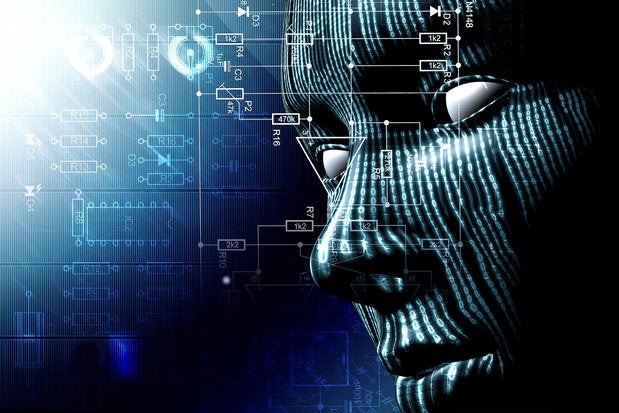
Trying to imagine what the future will bring is always tricky business. In most cases, prognostication on the future is either too optimistic, or too naive. If you look at science-fiction movies, books and tv shows from the 1960's and 1970's, that excessive optimism and naivete is on full display. Even now, space travel always looks easy in popular fiction. In reality, humans have not yet set foot on another planet.
Determining the future of electronic entertainment is no less difficult. There are so many variables to consider. Gamers have seen the rise of many "future trends" that ultimately flopped, only to be replaced by the next "thing". Are you old enough to remember the FMV (full motion video) craze that swept the 90's? Or when laser discs where going to be the next big media standard? Probably everyone can recall the brief popularity of motion controls and 3D displays.
One tricky thing about the future is that it is always in flux. Infinite possibilities also means infinite outcomes. So, trying to predict anything is very much like trying to shoot a randomly moving target.
The best predictions usually tend to be those that are most practical, and the most closely linked to well-established human needs, desires and tendencies.
Some may scratch their heads in confusion at the success of the Nintendo Switch, but if you stop and think about it, it's not that hard to understand. The Switch as a concept alone, is a very convenient piece of hardware that fits neatly into our busy, and increasingly mobile lives.
Now, we are hearing more and more about unified networks, and being able to access content "from anywhere". In a very real sense, the future truly is mobile.
No, I am not predicting all gaming will migrate exclusively to mobile devices. BUT, mobility and accessibility WILL have much greater importance in the years to come. And, I think that's only the tip of the iceberg.
So what's next?
Well, take a look around. Right now, IBM, Google, Apple and Amazon are all locked in a competition to develop what was once a plot point in a certain James Cameron movie. Artificial Intelligence.
IBM has Deep Mind, Google has Google Now and Google Assistant, Apple has Siri, Amazon has Alexa. Microsoft has Cortana... unfortunately.

"The future Teddy Ruxpin"
These very early forms of AI will grow very quickly in the next 5-10 years in my opinion. And I believe that much as was depicted in the indie film "Her" starring Joaquin Phoenix, AI is going to get so good, we may began to respond to AI as we would a living, breathing person.
Now how does this play into gaming? No pun intended.
Imagine buying your next Xbox, or PS4, or whatever, and it comes with a virtual "friend". This friend, much like today's consoles, will respond to verbal commands. But there will be much more.
Imagine a virtual friend that will play co-op with you when you can't find any friends online. And this AI friend will be GOOD. No more stupid moves like running around blindly waiting to be killed, or shooting at random objects, or glitching out and doing nothing at all.
No. This AI would behave and sound like an intelligent... thing.
Or, what if you could say, "Hey Xbox, try playing these three games and tell me what you think." The virtual friend would do so without ever needing to turn on your tv, and give you honest feedback. How? It would learn from your interests and the type of games you buy. It would learn your play style, and what games would be tailored to it.
I could be wrong, but I suspect that part of the appeal of devices such as Amazon's Alexa, or Google Assistant is that they fill a hole in our increasingly busy lives. They are probably going to be seen as the earliest examples of robots in our everyday lives. The ever present servant, friend, confidant that literally exists to cater to you. Sound scary? Unsettling? Creepy?
Probably, but in many ways, we're already well on our way to that kind of future. I don't see it as a tremendous leap to imagine "intelligent" gaming consoles in our future. What do you think?